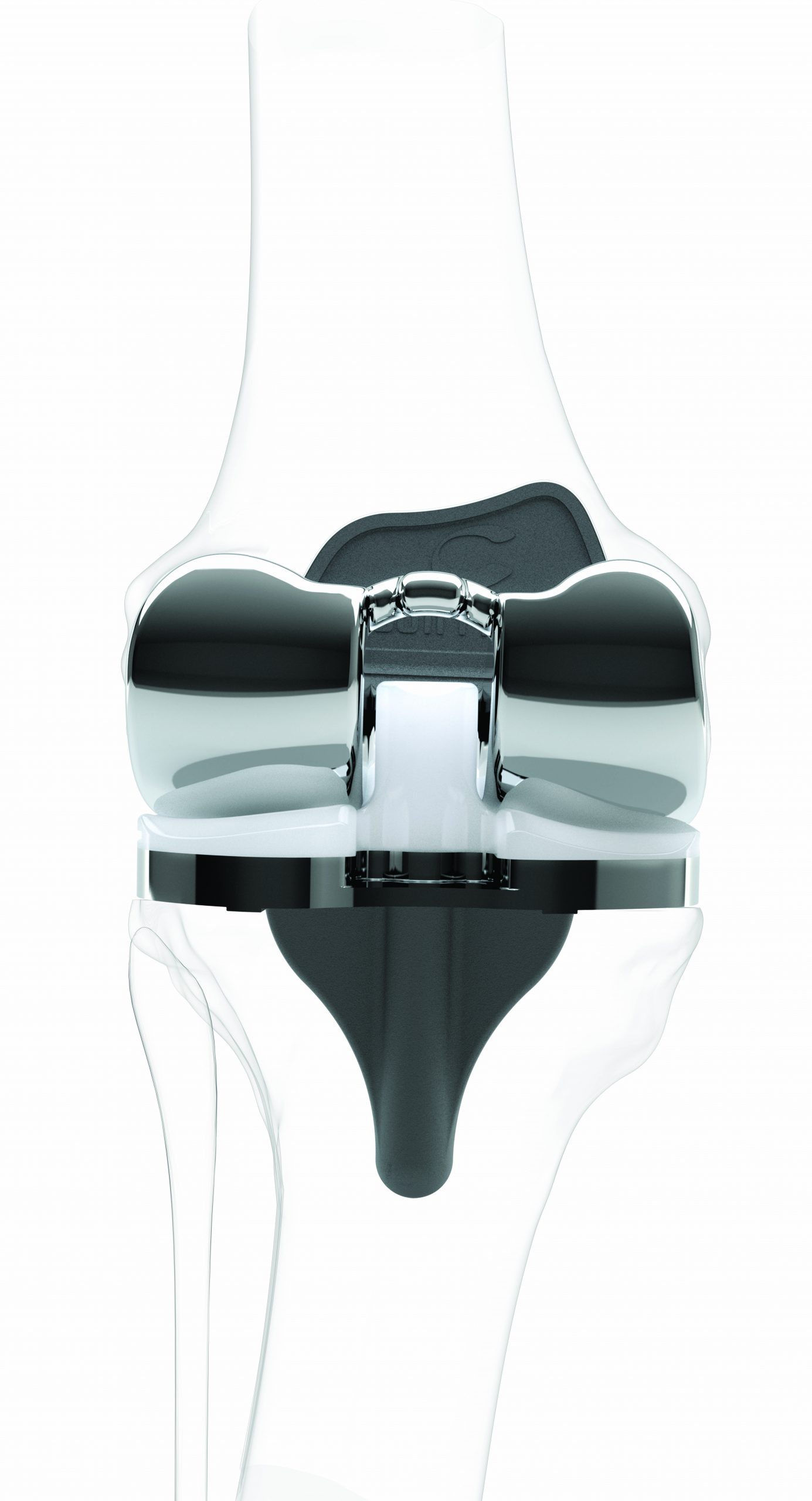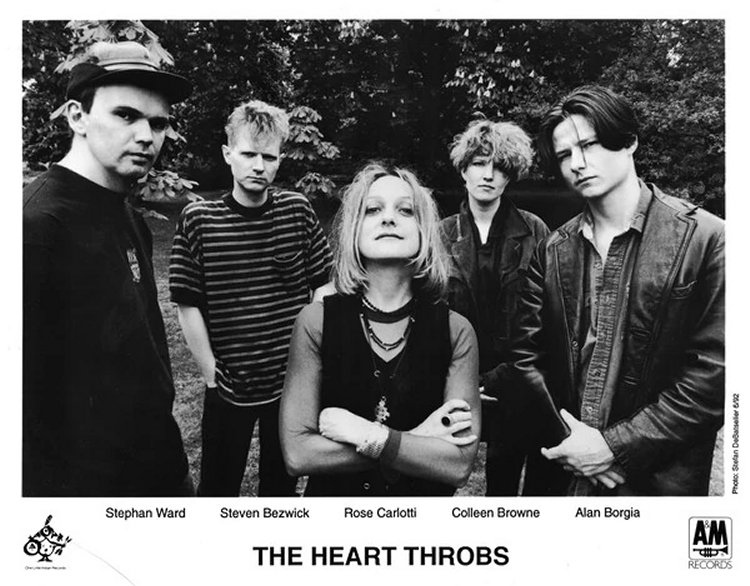
Testicular cancer is relatively uncommon and little understood. Mr Anil Vohra, Consultant Urological Surgeon at Nuffield Health Brentwood Hospital, explains the facts.

Testicular cancer doesn’t get a lot of press. That leaves many men uninformed, vulnerable to late diagnosis and unduly concerned about the condition. Here’s what you should know:
It’s not that common
- Cancer of the testicle is one of the less common cancers and tends to mostly affect men between 15 and 49 years of age.
- Testicular cancer is a relatively rare type of cancer, accounting for just 1% of all cancers that occur in men.
- Around 2,300 men are diagnosed with testicular cancer each year in the UK.
- Testicular cancer is unusual compared with other cancers because it tends to affect younger men.
But it’s the most common cancer in younger men
Although it is relatively uncommon overall, testicular cancer is the most common type of cancer to affect men between the ages of 15 and 49.
So, it’s a key cancer to be aware of throughout this life stage. Most cases of testicular cancer are found by accident by the men themselves.
Who’s most at risk?
If you have an immediate family member who’s been diagnosed with testicular cancer, then your risk is ten times higher than average. Men who have low fertility or have had one or both testicles fail to descend naturally into the scrotum also have heightened risk. For reasons that are unclear, white men have a higher risk of developing testicular cancer than men from other ethnic groups.
If you have been diagnosed with testicular cancer, you also need to be observed for signs of recurrence for between 5 and 10 years, so it’s very important that you attend your follow-up appointments.
Don’t panic – the overwhelming majority survive
The number of cases of testicular cancer diagnosed each year in the UK has roughly doubled since the mid-1970s. Again, the reasons for this are unclear.
Testicular cancer is one of the most treatable types of cancer, and the outlook is one of the best for cancers.
In England and Wales, almost all men (99%) survive for a year or more after being diagnosed with testicular cancer, and 98% survive for five years or more after diagnosis.
You’ll probably lose a testicle
For obvious reasons, many men are alarmed at this prospect, but it’s a small price to pay. If you have testicular cancer the first step is usually to remove the affected testicle (orchidectomy). This is the most effective way to ensure the cancer doesn’t spread, which could save your life.
Removing one testicle won’t impact your sex life – you’ll still produce plenty of sperm and testosterone with the remaining testicle. A prosthetic testicle can even be inserted into the scrotum to maintain its appearance. When the cancer is more advanced, chemotherapy and radiotherapy can then be used to prevent the cancer from returning.
It’s very unlikely you’ll lose both testicles
Bi-lateral orchidectomy, or removal of both testicles, is extremely rare and necessary in only one in every 100 procedures. Losing both testicles to cancer will prevent you from producing sperm and testosterone naturally.
Testosterone can be replaced through injections or skin patches to help you maintain a healthy sex life. Sperm can also be banked before the procedure if you wish to father children in the future.
How to self-check
Self-checking is especially important if you’re affected by one or more risk factors. But all men can benefit from understanding what feels normal for them.
Gently roll each testicle between your index finger and thumb to help identify any irregularities. When you are checking your testicles, you may feel a rounded tube towards the back of each testicle that may be tender. This is normal and is called the epididymis. It is part of the male reproductive system. It’s easiest to check your testicles when they’re warm and relaxed – after a shower or bath is ideal.
What to look out for
Typical symptoms are a painless swelling or lump in 1 of the testicles, or any change in shape or texture of the testicles.
The swelling or lump can be about the size of a pea but may be larger.
Most lumps or swellings in the scrotum are not in the testicle and are not a sign of cancer, but they should never be ignored.
Ultrasound of the testes and a tumour marker blood test are very accurate in picking up any abnormality or cancer.
Other symptoms
- A hard lump on the front or side of the testicle
- Swelling or enlargement of the testicle
- Sharp pain or dull ache in the testicle or scrotum which may come and go
- An unusual difference between one testicle and the other
- A heavy or dragging feeling in the scrotum
Don’t hesitate to see a specialist
If you are concerned that you have a lump or pain in your testicles, don’t let embarrassment stand in the way of your health. Get it checked out as soon as possible. Many lumps are non-cancerous. If there is no problem (which is most commonly the case) then you will be reassured, and if there are cancer cells found, early detection greatly improves the success of treatment.

Mr Anil Vohra is a Consultant Urological Surgeon at Nuffield Health Brentwood Hospital and specialises in all aspects of core urology and erectile dysfunction. He has a further clinical interest in laser prostate surgery, endo-urology, laparoscopy/minimally invasive surgery and female urology.
How to book a consultation at Nuffield Health Brentwood Hospital:
Telephone: 01277 886702
Online: https://www.nuffieldhealth.com/hospitals/brentwood
Mr Anil Vohra: https://www.nuffieldhealth.com/consultants/mr-anil-k-vohra
Visit: Brentwood Hospital, Shenfield Road, Brentwood, CM15 8EH




































